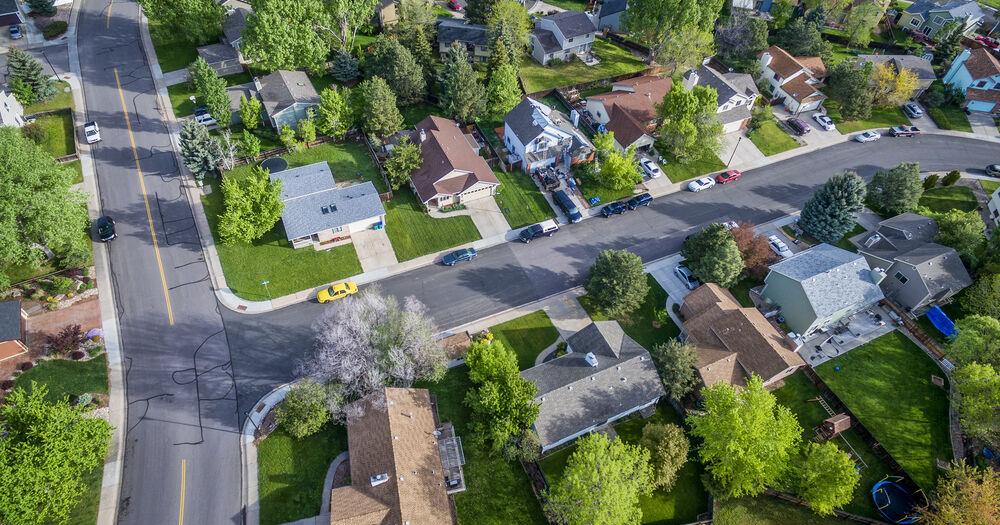

(The Center Square) – Colorado families will lose an estimated reasonable of $1,406 within the coming year from will increase in property taxes and its comparable results at the state economic system, in line with a brand new file through a nonpartisan analysis group.
Most householders at the entrance vary will pay greater than $1,000 in more property taxes, the Common Sense Institute reported in a paper revealed on Thursday. Higher property taxes will impact the state’s economic system through lowering the quantity of source of revenue to be had for families to spend through roughly $511, an quantity in line with the full projected financial affect of the rise.
The group projected a loss of 17,400 jobs in Colorado and the state’s gross home product will be diminished through $942 million.
Proposition HH, a statewide poll measure proposed through the legislature and voted down on the polls previous this week, would have presented some reduction but in addition impacted different financial and fiscal spaces. On Thursday, Democratic Gov. Jared Polis known as a distinct consultation for the General Assembly later this month to handle the problem as 60% of electorate defeated the initiative.
“In light of the election day results, property taxes will, without a doubt, be one of the biggest issues lawmakers address in the coming months,” Kelly Caufield, govt director of the Common Sense Institute, stated in a remark.
The median-priced house in Colorado will see a 36% building up in property taxes this year and Prop. HH would have diminished the rise to 26%, the report stated. While the measure would have supplied roughly $9.2 billion in property tax reduction, the initiative would have backfilled property tax income losses with an estimated $9.9 billion from Taxpayer Bill of Rights refunds all through the next decade.
“Under current law, property tax revenue is projected to grow $2.13 billion, or $895 per household, above its historic baseline growth rate,” Steven L. Byers, a senior economist with the Common Sense Institute, wrote within the file. “If total state property tax revenue grew at its long-run annual growth rate of 5.9%, revenue would grow from $12.8 billion last year to $13.5 billion this year, an increase of $700 million. Instead, it is projected to grow to $15.6 billion under current law.”
The state’s property tax demanding situations are compounded through electorate repealing the Gallagher Amendment in 2020. Adopted in 1982, it implemented a set ratio to income amassed on residential and non-residential property.
“To maintain the fixed ratio, the share of residential property subject to taxation in Colorado was automatically lowered by the Gallagher formula, from 21% in 1983 to 7.15% in 2020,” a Common Sense Institute report said in 2020. “However, the Gallagher formula kept the share of non-residential property subject to taxation fixed at 29% over the same timeframe, which produced a number of unintended consequences.”
One of the effects was once the next property tax burden for non-residential property – some as prime as 38% greater than residential property taxes – for eating places, retail shops, administrative center constructions, business parks and agricultural land.
This article First seemed in the center square


